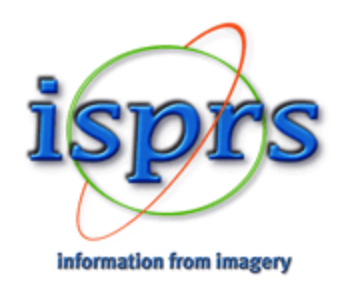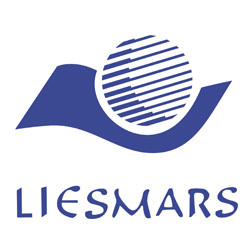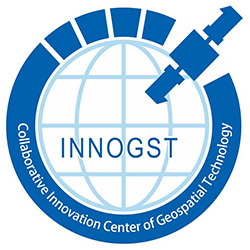Dr. Guenther Retscher
Dr. Guenther Retscher is Associate Professor in the Department of Geodesy and Geoinformation at the TU Wien – Vienna University of Technology, Austria. He holds an undergraduate degree in Surveying, a PhD and a Habilitation (venia docendi) in Applied Geodesy from TU Wien with the focus on Mobile Multi-sensor Systems for Personal Navigation and Location-based Services. Guenther’s research interests include positioning and navigation with GNSS, location based services, indoor and pedestrian navigation, applications of multi-sensor systems and sensor fusion. Guenther is currently the Co-chair of IAG Sub-Commission 4.1 on Emerging Positioning Technologies and GNSS Augmentation and the Co-chair of the joint IAG Working Group 4.1.1 and FIG Working Group 5.5 on Multi-Sensor Systems.
Title of the presentation: LOCALIZATION USING WI-FI – CHALLENGES AND PERSPECTIVES
Abstract:
Localization of mobile users in indoor environments with Wireless Fidelity (Wi-Fi) has become very popular whereby location fingerprinting and trilateration are the most commonly employed positioning methods. In both methods the received signal strength (RSS) of the surrounding access points (APs) are scanned and used to estimate the user’s location. The presentation covers not only the current state-of-the-art but also perspectives for future developments. A novel approach based on the well-known Differential GPS (DGPS) principle of operation has been developed at TU Wien – Vienna University of Technology recently. This approach for user localization and tracking is termed Differential Wi-Fi (DWi-Fi) by analogy with DGPS. From reference stations deployed in the area of interest differential measurement corrections are derived and applied at the mobile user side. Hence, range or coordinate corrections can be estimated from a network of reference station observations as it is done in common CORS GNSS networks. A low-cost realization with Raspberry Pi units is employed for these reference stations. These units serve at the same time as APs broadcasting Wi-Fi signals as well as reference stations scanning the receivable Wi-Fi signals of the surrounding APs. As the RSS measurements are carried out continuously at the reference stations dynamically changing radio maps of RSS distributions are derived. Similar as in location fingerprinting this radio maps represent the RSS fingerprints at certain locations. From the areal modelling of the correction parameters in combination with the dynamically updated radio maps the location of the user can be estimated in real-time. With conducted case studies the potential of this novel approach is investigated. Furthermore, its integration with inertial sensors in smartphones for continuous user localization is discussed.



































